Call for body-image warnings on retouched photos
- Published
Kim Booker gave evidence to MPs about her body dysmorphia
Harmful body expectations mean ads should carry warnings if model photos are digitally altered, say MPs.
The Health and Social Care Committee, external wants the government to quickly introduce new laws.
It also said social media promotion of cosmetic services such as dermal fillers should be tightly regulated.
Those booking a procedure should be given a 48-hour cooling-off period and there should be a full check of their medical and mental health history.
Former health secretary Jeremy Hunt, who chairs the committee, said: "We heard of some distressing experiences - a conveyor-belt approach, with procedures carried out with no questions asked."
Reality TV star Charlie King told the MPs there had been no assessment of his wellbeing when he had a nose job done.
Kim Booker, who, like Charlie, has body-dysmorphic disorder - spending lots of time worrying about flaws in appearance that might be unnoticeable to others - told MPs she had become dependent on image-altering apps.
"I got to the point where I constantly had these filters," she said.
"I was putting filters on my face on my stories and things like that - and it completely altered the way I looked.
"When the video flipped off to my natural face, I got a bit of a shock.
"I hated what I saw, because you get used to the filtered version of yourself."
Growing up in the 1990s, Kim, who is from Dorset, says she was bombarded with "Disney princess" images of how a woman might look.
"I felt that I needed to fit the template of the big eyes, the small nose, the flowing hair and the tiny waist," she said.
"That has grown with me through my teenage years, into adulthood."
Unrealistic images
The committee wants advertisers to feature a wider variety of body aesthetics - and for influencers to stop posting filtered or unrealistic images.
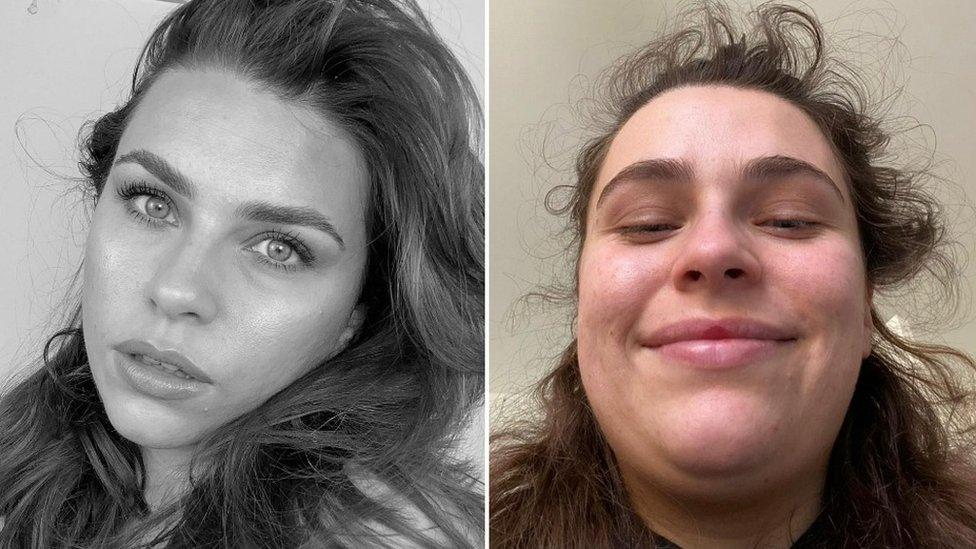
Beauty activist Sasha Pallari led a campaign in 2020 called #filterdrop, which encouraged social media users to post selfies without using a filter
"We believe the government should introduce legislation that ensures commercial images are labelled with a logo where any part of the body, including its proportions and skin tone, are digitally altered," its report says.
Meanwhile, it says dermal fillers should be made prescription-only substances, in line with Botox, and there should be minimum training standards for providers.
The report also calls for the government to urgently review the growing use of anabolic steroids in the UK - the UK Anti-Doping Agency estimates more than a million users - mostly men wanting bigger muscles.
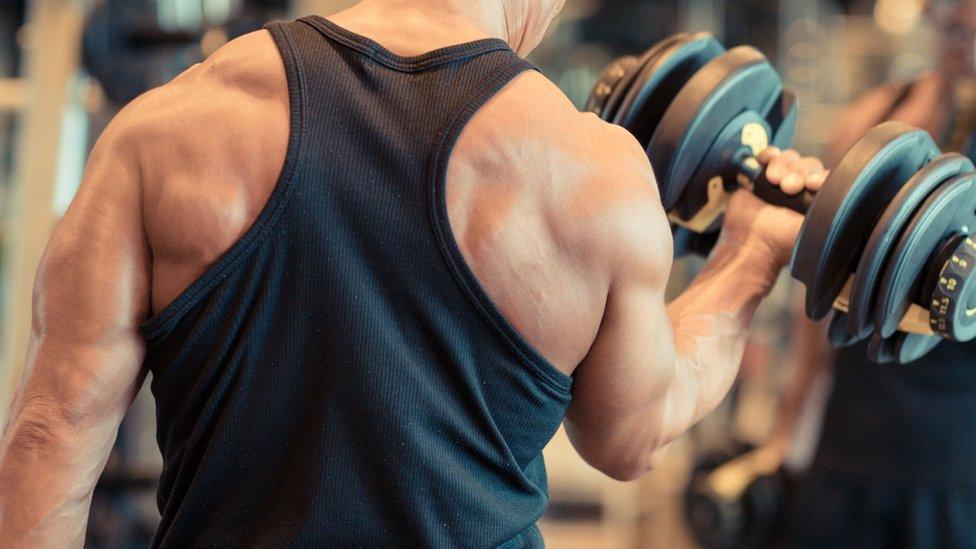
Prolonged use of anabolic steroids has been linked to cardiovascular disease and brain changes
Prof James McVeigh, who helped with the report, said: "One of the key things that we are facing is that many people taking anabolic steroids for a prolonged period of time will not return to normal testosterone production.
"We know that the longer the period people use, the more damage there is in later life, with cardiovascular disease and brain changes.
"A point will come when they may want to stop using anabolic steroids - but they will face a severe crash.
"That dip when you stop using puts you at the point of zero testosterone, with depression and a lot of mental health problems."

James Brittain-McVey told MPs about his struggle to conform when starting out with his band, The Vamps
Vamps lead guitarist James Brittain-McVey, who had surgery to remove natural breast tissue from his chest, told the committee: "Social media encouraged me to fall further down that rabbit hole.
"The first thoughts I would have when I woke up in the morning was, 'Should I be eating that, am I going to be able to get to the gym?"'
Eating disorders have risen in recent years, the report says, recommending the government introduce annual checks of every child and young person's weight and wellbeing.
It also calls for more action to tackle child obesity, such as restricting multibuy deals for foods and drinks high in fat, salt or sugar.
The British Beauty Council said: "If we want to show the industry as the professional, economy-boosting, equality championing and dynamic sector it is, we must be open, transparent and answerable. We, therefore, hope the Government takes the Committee's recommendations forward."
A government spokesperson said: "We will be introducing a national licensing scheme to help prevent exploitation, improve safety and ensure individuals are making informed and safe choices about non-surgical cosmetic procedures."
Related topics
- Published3 February 2021
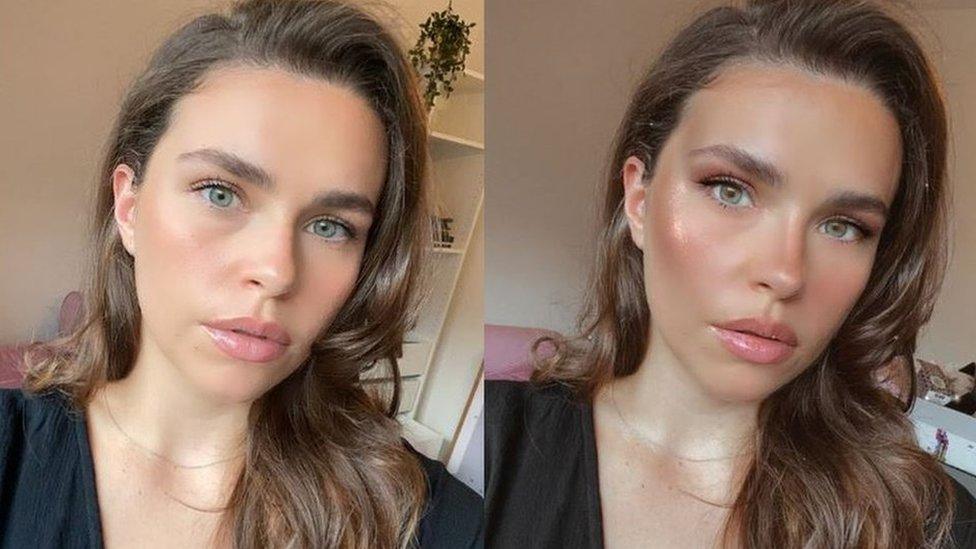
- Published10 December 2021
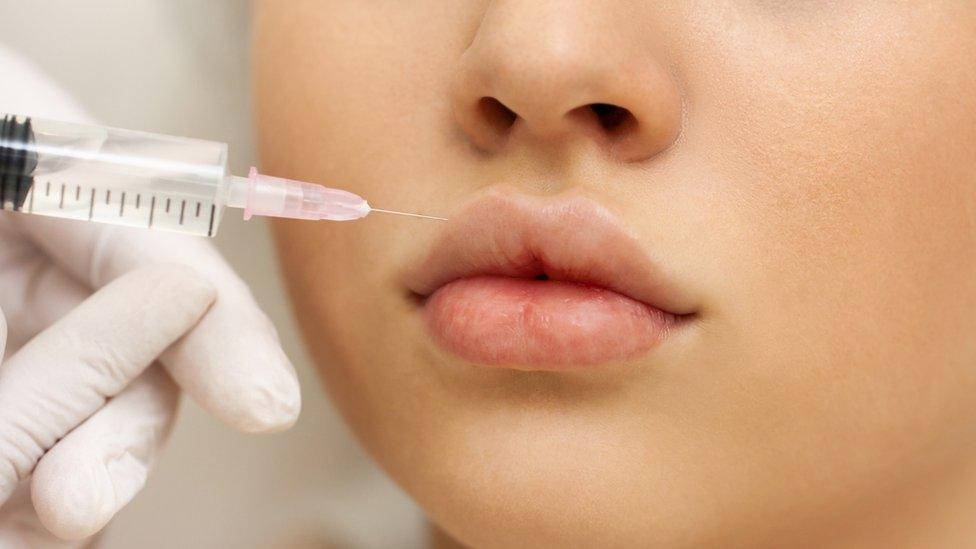
- Published9 April 2022
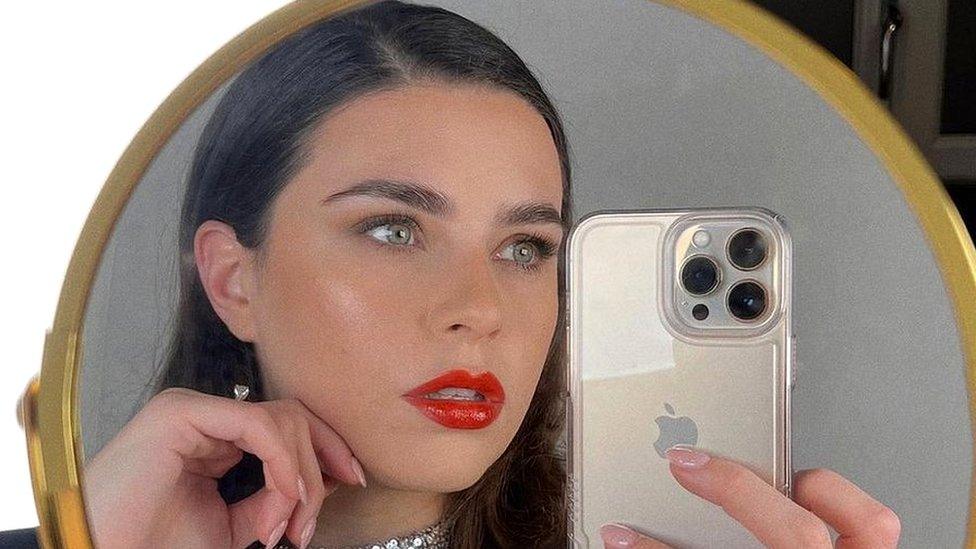
- Published17 May 2022

- Published29 July 2022
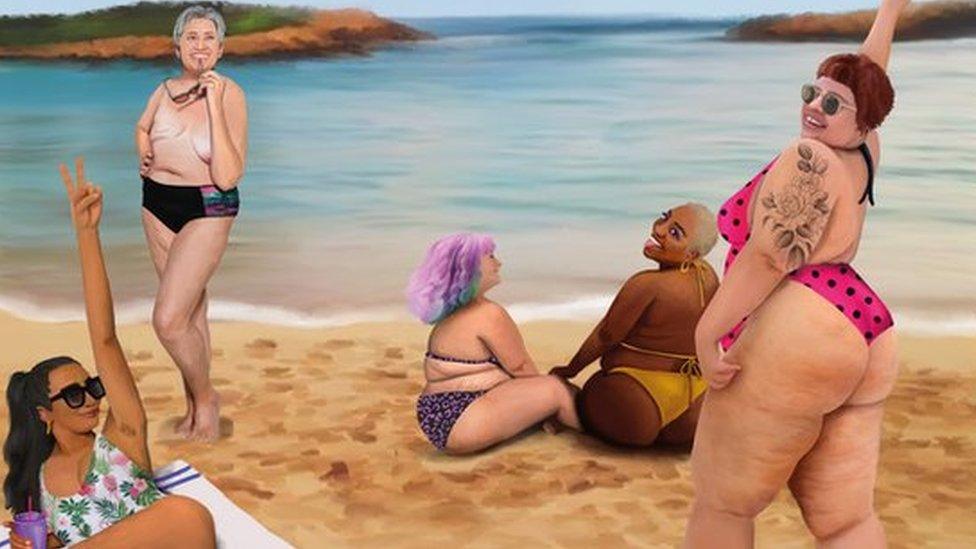
- Published8 March 2022
